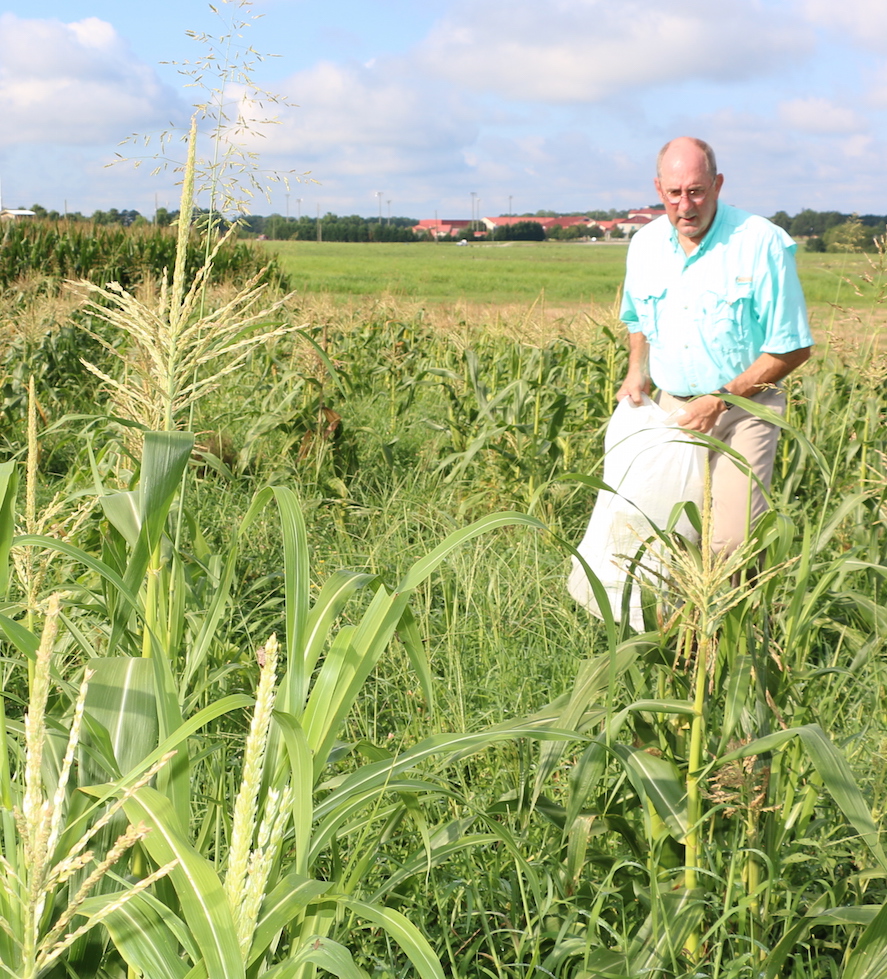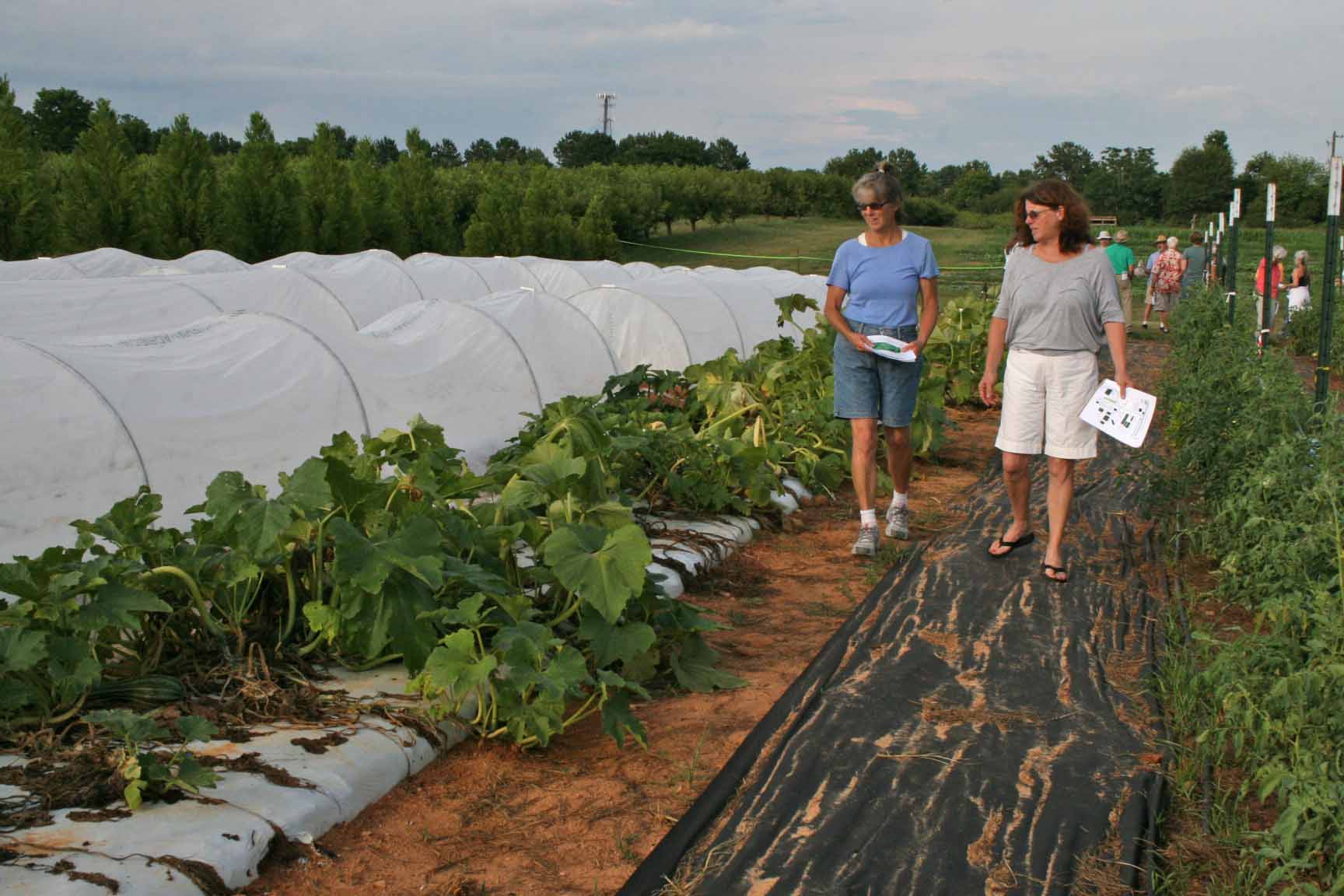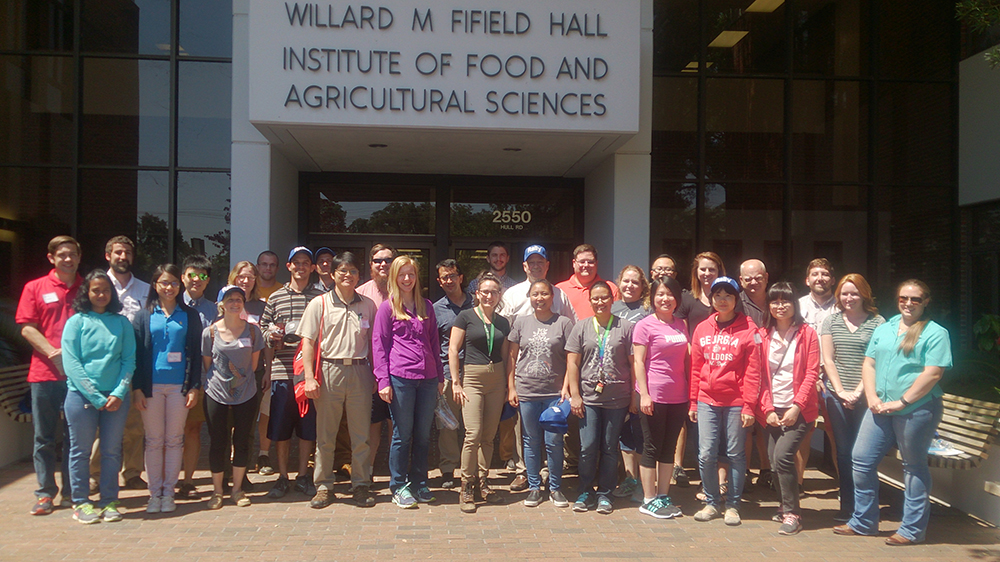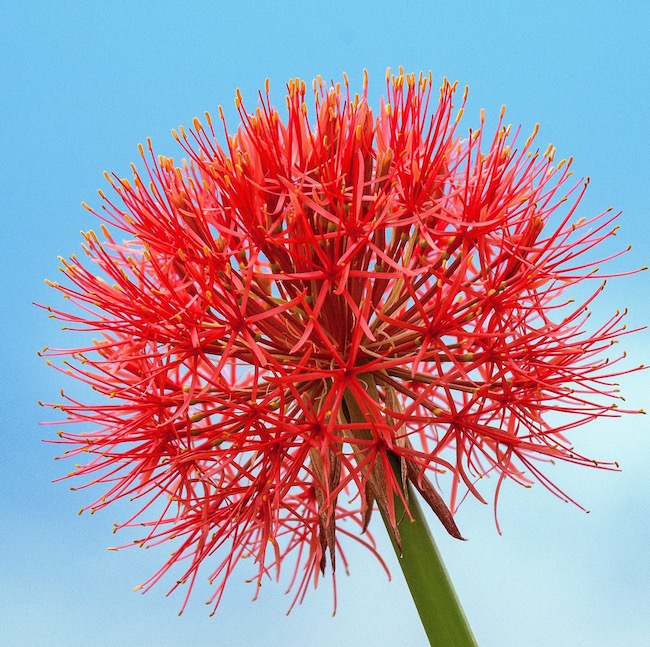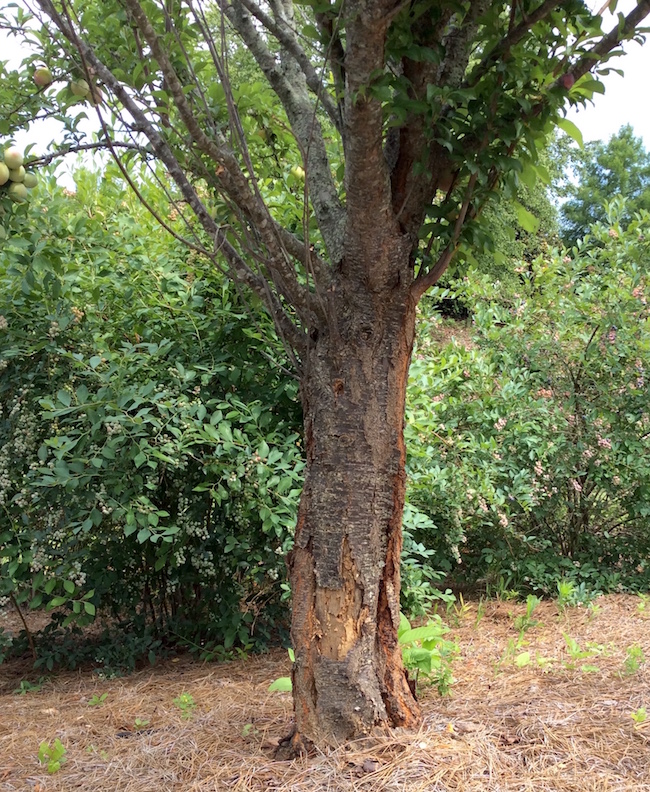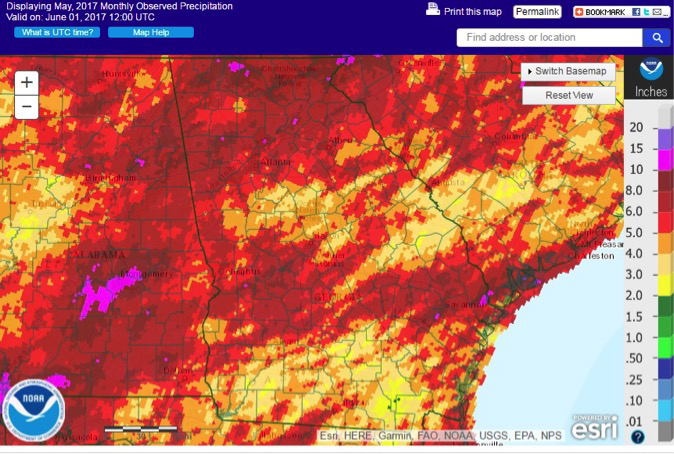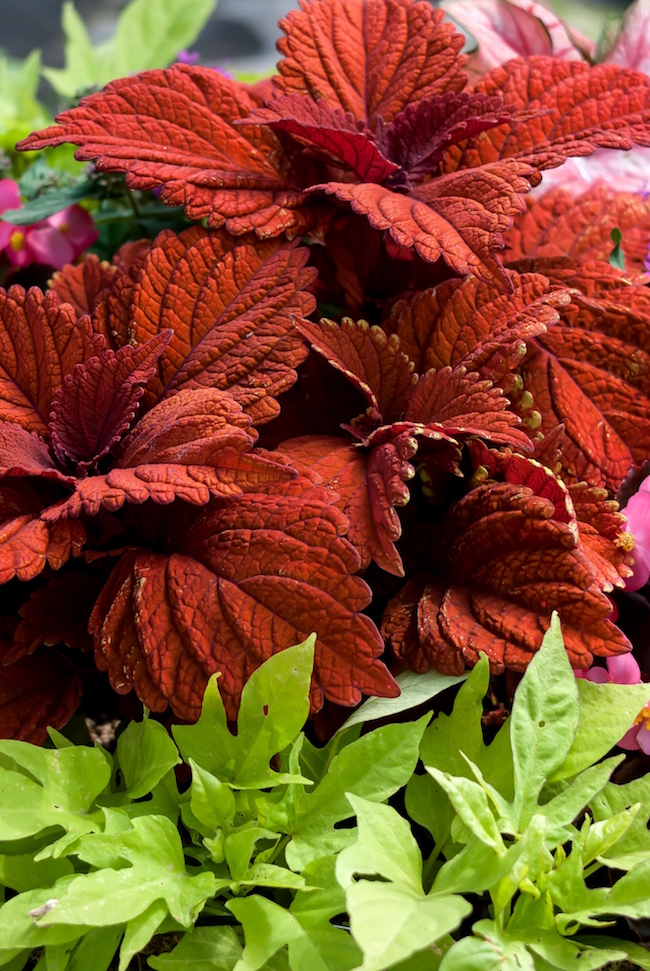 CAES News
CAES News
Coleus' bright foliage performs beautifully in summer landscapes
It seems the coleus is worth its weight in gold in the landscape this time of the year. They offer a persevering performance and flaming color during the hottest part of the summer, which puts it among the best buys for your gardening dollar.

